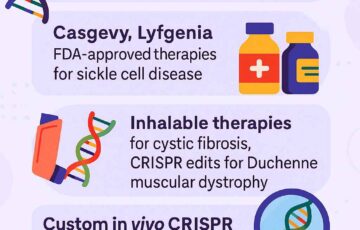DECENTRALISED AUTONOMOUS ORGANISATIONS (DAOS): SHAPING THE DIGITAL FUTURE
Why in the News?
- DAOs operate at the crossroads of blockchain technology and governance.
- Governed by smart contracts, they aim to create self-sustaining, community-driven entities.
- The legality and regulatory framework surrounding DAOs provoke ongoing debate.
Genesis of DAOs
- DAOs are organisations encoded as computer programs transparently controlled by members.
- Operate without government influence, fostering trust through smart contracts on block chain networks.
- Emphasis on self-sustainability, community-driven governance, and decentralisation.
Various Use Cases
- DAOs impact finance, art, governance, and supply chain management.
- Platforms like Compound and MakerDAO revolutionise lending and borrowing in finance.
- Artists tokenize creations, manage royalties through DAOs, transforming the art industry.
- Supply chain management benefits from transparency and traceability provided by DAOs.
- DAOs like DAOstack facilitate decentralised governance for online communities.
Implications for the Digital World:
- DAOs embody decentralisation, shifting power from centralised authorities to collective decision-making.
- Transparency and trust are fundamental; smart contracts are transparent, fostering trust among participants.
- DAOs champion inclusivity, democratise access to resources, and enable global participation.
- Inspire new forms of collaboration, allowing participants with shared goals to unite globally.
Challenges and Controversies
- The 2016 DAO hack exposed vulnerabilities, leading to a contentious hard fork in the Ethereum blockchain.
- Legal and regulatory uncertainties surround DAOs, with traditional legal systems struggling to adapt.
- Regulatory uncertainty persists as jurisdictions grapple with classifying and regulating DAOs.
- Challenges ; include legal liability, taxation, identity verification, compliance with AML and KYC regulations, and dispute resolution.
Addressing Challenges:
- Stakeholders actively collaborate to establish legal frameworks that balance innovation with compliance.
- Developing guidelines for governance, intellectual property, cross-border operations, and token-based decision-making.
- Ongoing discussions involving legal experts, blockchain developers, and policymakers to navigate complexities.
DAOs revolutionize digital organization and collaboration, offering boundless potential for positive change. Collaboration essential to navigate challenges and unlock DAOs’ transformative power.




